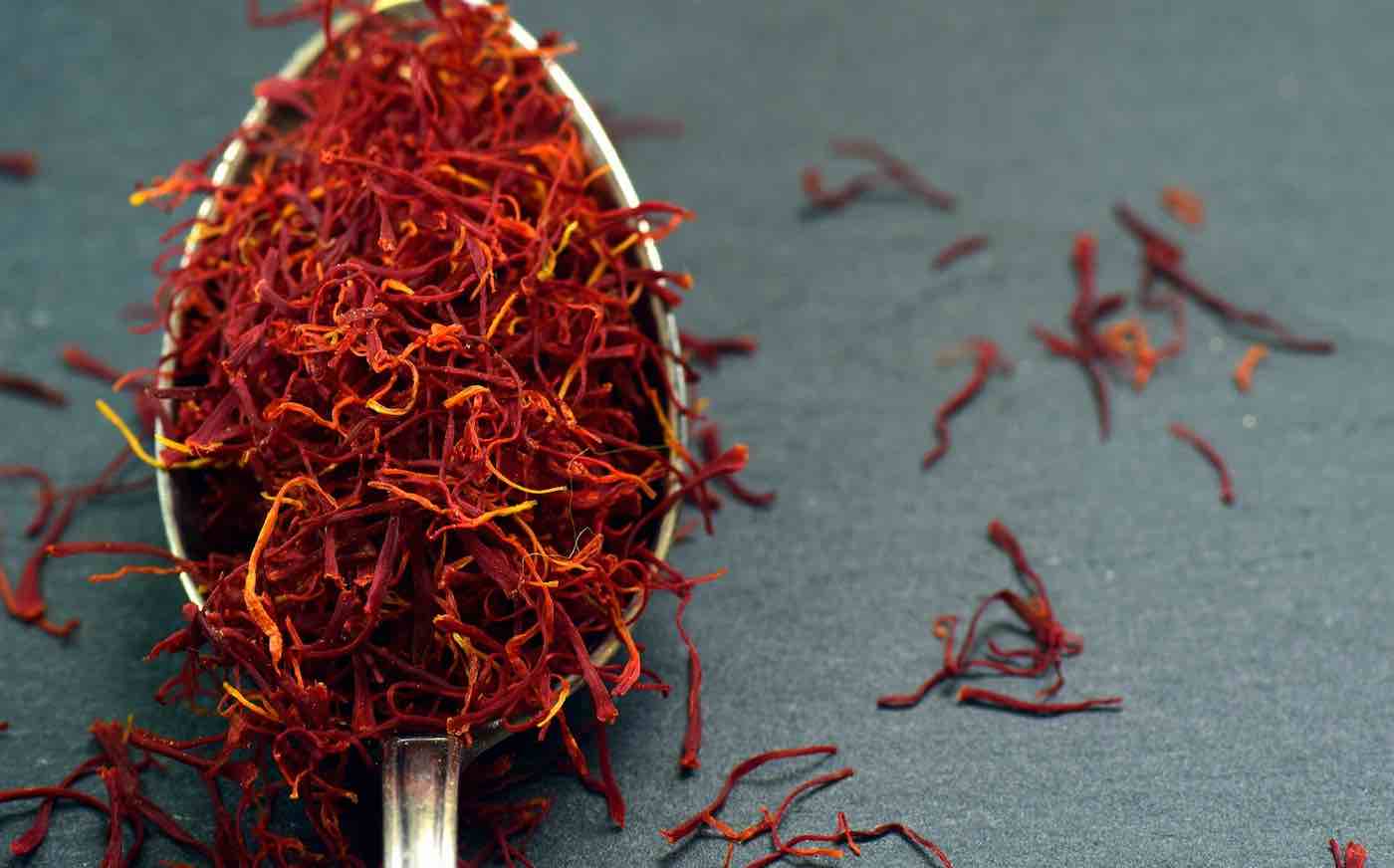New research has shown that saffron can enhance the quality of sleep in adults who have been experiencing poor sleep.
Lead researcher Dr. Adrian Lopresti came to the hypothesis after earlier research found saffron to be an effective natural agent for the treatment of mild-to-moderate depression, but it also led to improvements in sleep for participants.
This new randomized, double-blind, placebo-controlled trial was conducted at Australia’s Murdoch University with 68 adults who reported sleep problems, but were otherwise healthy.
“We used volunteers who were not being treated for depression, were physically-healthy, had been medication-free for at least four weeks—apart from the contraceptive pill—and had self-reported symptoms of poor sleep,” said Dr. Lopresti.
“This is a serious issue as poor sleep quality can have a negative impact on both mental and physical health and can interfere with daily function.
CHECK OUT: Give Yourself a ‘Dry January’—You’ll Sleep Better, Save Money, and Lose Weight
“Our previous research showed saffron was an effective add-on to pharmaceutical antidepressants in patients experiencing mild-to-moderate depression. Because many of these people reported improvements in their sleep, in this study we focused on healthy adults who were generally medication free but had experienced poor sleep lasting greater than four weeks.”
Dr. Lopresti said the results, published in the Journal of Clinical Sleep Medicine last week, indicate that a standardized saffron extract (affron) at a dose of 14mg, twice daily for 28 days improved sleep quality in adults with self-reported poor sleep, with most of these changes occurring in the first 7 days of treatment.
“In addition to the improved sleep, the study showed that saffron was well-tolerated with no reported adverse effects,” Dr. Lopresti said.
MORE: Want to Stop Eating Junk Food? New Research Says You Should Get More Sleep
However, the researchers reported that even though the results were positive, the findings require replication using a larger sample size and differing populations. The results were based on data collected from 55 of the participants.
“Our early research is indeed positive and there is evidence that taking a standardized saffron extract is associated with improvements in sleep quality,” Dr. Lopresti said.
“However, to verify these findings, further studies using larger sample sizes, treatment periods and volunteers with varying characteristics is required.”
Reprinted from Murdoch University
Don’t Snooze and Miss the Chance to Share This Handy Research on Social Media…




















